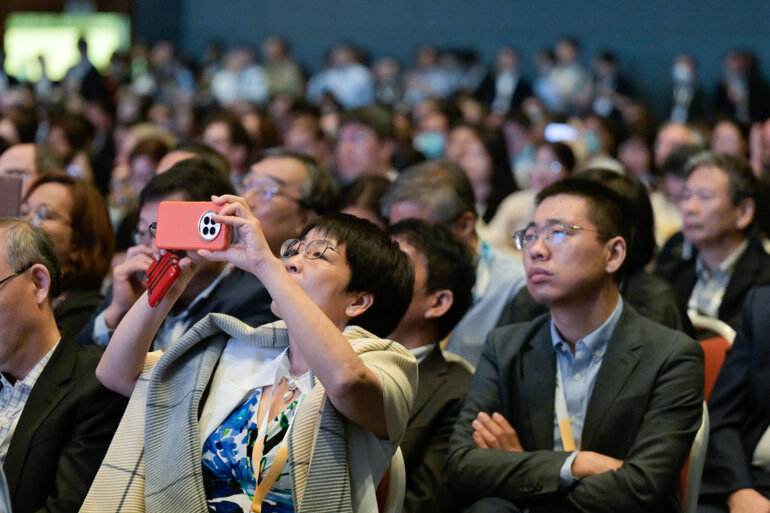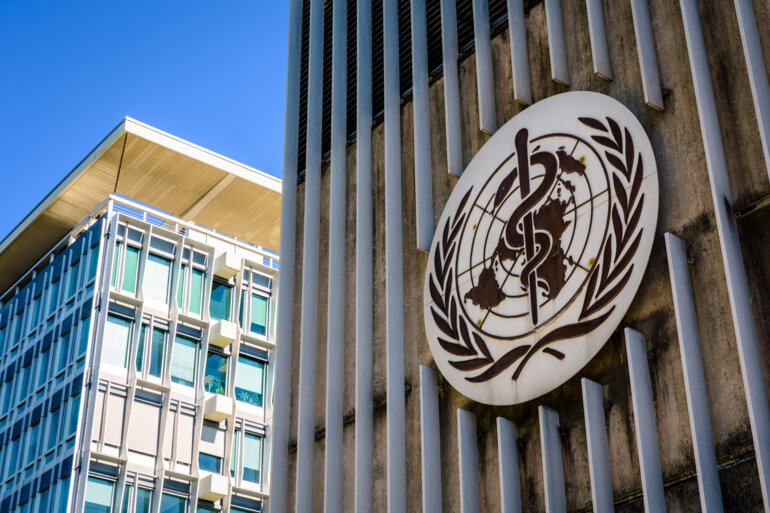The two Pan-Asian Guideline Adaptations of parental ESMO Clinical Practice Guidelines reflect the younger age of disease occurrence and lack of some treatment data in Asia
From the collaboration between ESMO and experts from ten oncology societies in Asia, two new Pan-Asian Guideline Adaptations (PAGAs) of the ESMO Clinical Practice Guidelines on gastric cancer (using the Living Guideline) and early breast cancer have been developed and presented at the ESMO Asia Congress 2023 (Singapore, 1–3 December).
On gastric cancer
Rates of gastric cancer in Eastern Asia remain the highest globally (CA Cancer J Clin. 2021;71:209–249). Dr Kohei Shitara from the National Cancer Center Hospital East, Kashiwa, Japan, is the first author of a new PAGA in gastric cancer, which features a number of modifications to recommendations in the parent ESMO Clinical Practice Guideline published in 2022 (Ann Oncol. 2022;33:1005–1020). “Screening recommendations introduced in high-risk countries, such as Japan and South Korea, have led to the detection of more early disease, compared with non-Asian countries, and patients generally have a good general health status. Because of this, upfront D2 gastrectomy followed by adjuvant chemotherapy is still the preferred approach for most gastric cancers in Asia and peri-operative chemotherapy is applied for selected patients,” Shitara says. As such, the parent recommendation on peri-operative therapy and radical gastrectomy for stage IB to III gastric cancer has been removed from the PAGA and wording on peri-operative chemotherapy has been amended for selected patients with stage >1B resectable gastric cancer. The preferred indication for peri-operative chemotherapy includes T4 and lymph-node positive and/or bulky size of lymph node metastases. Changes have also been made to reflect the fact that data for triplet chemotherapy regimens in Asia are limited and when given, the triplet regimen used in Asia includes not only fluoropyrimidine, oxaliplatin and docetaxel (FLOT) but also docetaxel, oxaliplatin and S-1 (DOS). Due to a lack of evidence or conflicting results in Asian patients, other important modifications include careful consideration of adjuvant treatment for microsatellite instability-high resected disease and using trastuzumab deruxtecan as third- or later-line therapy for HER2-positive disease, rather than in the second-line setting.
On breast cancer
Prof. Kyong Hwa Park from the Korea University College of Medicine, Seoul, South Korea, is first author of a PAGA in early breast cancer stemming from the parent ESMO Clinical Practice Guideline in early breast cancer (Ann Oncol. 2019;30:1194–1220). She points out a key regional difference that is reflected in the newly published document: “Asian women tend to present with disease around 10 years earlier than women in western countries. Because of this, Asian experts agreed that screening recommendations should start at a younger age than those recommended in the parent document, that is 45 compared with 50 years.” Park explains that other modifications take into account the fact that, with the exception of a few high-income countries, such as Japan, South Korea and Singapore, resources for diagnosis and treatment are generally more limited in most Asian countries compared with western countries. “We have incorporated more flexibility into the recommendations for the use of PET-CT for staging, breast-conserving surgery and radiotherapy instead of mastectomy, and the use of gene expression assays and endocrine response assessments to guide adjuvant treatment for oestrogen-receptor-positive/HER2-negative breast cancer,” she notes.
Varied access to resources also affects the application of individual recommendations across the region. According to Shitara, “Uniformly affluent countries, such as Japan, can provide good access to all levels of cancer care due to high rates of drug approvals, public reimbursement policies and a high proportion of individuals are able to self-fund. In countries with greater economic disparity between sections of the population, such as China, India and the Philippines, cancer care options are greater in urban areas compared with poorer rural and more remote communities.” Park notes that: “With the exceptions of neratinib and ribociclib, agents for the treatment of early breast cancer have generally been approved across all Asian countries, with some differences in approved indications, for example, trastuzumab is approved solely for metastatic disease in some countries, such as Indonesia, whereas it is approved for lymph-node positive disease in Taiwan. The main obstacle to making these treatments available to all patients in the region is affordability.”
The development of PAGAs in different disease settings has proved to be of added value to some countries where de novo development of guidelines is not feasible because of lack of time, expertise and resources, and thus adaptation, such as customising high-quality existing guidelines to the local context is a valid alternative. Early stages of the ESMO PAGA project date back to 2016 when, at the ESMO Asia Congress, it was agreed by ESMO and the Japanese Society of Medical Oncology (JSMO) to convene a special guidelines meeting, endorsed by both societies. Today, the project involves an additional nine oncology societies from Asia – the Chinese Society of Clinical Oncology (CSCO), the Indian Society of Medical and Paediatric Oncology (ISMPO), the Indonesian Society of Hematology and Medical Oncology (ISHMO), the Korean Society of Medical Oncology (KSMO), the Malaysian Oncological Society (MOS), the Philippine Society of Medical Oncology (PSMO), the Singapore Society of Oncology (SSO), the Taiwan Oncology Society (TOS) and the Thai Society of Clinical Oncology (TSCO).






